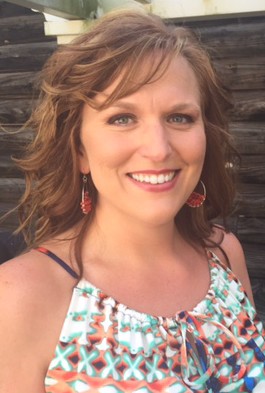Jonathan Martin, author of Prototype, tweeted this yesterday: “We would never choose to live in the void–in chaos, the abyss. But the void is not a bad place. It’s where God creates new life.”
You know the void.
The emptiness in his eyes when he smiles.
The hollow sound of her voice when she mentions home.
The way they sit across the table from one another in strained silence.
The tears of grief that slide down her cheeks and spill onto the grave.
The way he avoids the subject of unfulfilled dreams.
They way she tosses and turns throughout the dark hours.
The whole world groans with the ache of void. We’ll do almost anything to fill those empty places rather than feel them.
We stuff ourselves with food and drink and money and possessions and people and work and religion and sports and sex and TV and bitterness and . . .
We avoid the void like the plague. We fear the emptiness that boils just beneath the surface, threatening to bubble over and engulf us.
The void–the chaos, the abyss–is not a bad place? I’m guessing most of us would disagree.
But I think of a woman’s womb, where new life is formed and fills the emptiness. And I wonder if Martin is right. Can the filling of precious, new life only come in the dark emptiness, in the spaces we so desperately want to avoid?
We shudder at the thought of embracing the emptiness, of waiting for a filling that’s out of our hands. It’s easier to run from it by pretending it doesn’t exist, or to attempt to control it by stuffing ourselves with excess.
The void is always there, haunting us, taunting us, begging to be filled. And we ache with the way we’ve broken ourselves by trying to avoid it.
Maybe, just maybe, there’s One who can fix the broken places, fill the void, calm the chaos, bridge the abyss, and create new life out of the nothingness. Will we let him?


